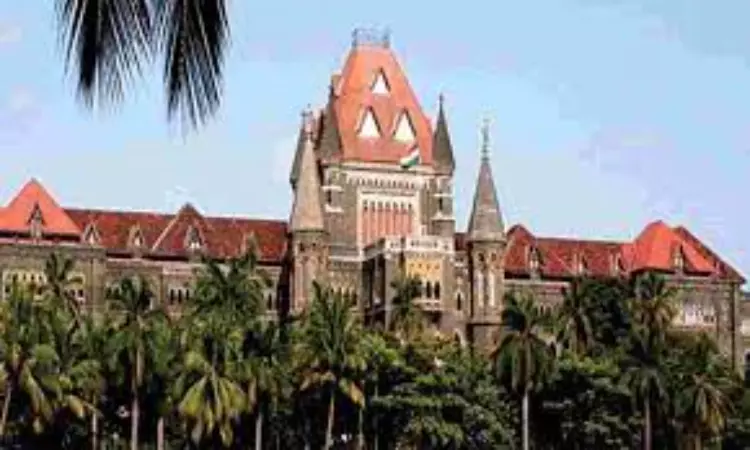Personal Hearings Not Always Necessary For Arbitrator Appointment If Pleadings Are Complete: Bombay High Court
Rajesh Kumar
1 Sept 2024 6:30 PM IST

Next Story
1 Sept 2024 6:30 PM IST
The Bombay High Court bench of Justice Somasekhar Sundaresan has held that while personal hearings for all parties can be beneficial in proceedings to enforce the appointment of an arbitrator under Section 11(6), it is not always necessary. The bench held that when an arbitration agreement is clearly established in the pleadings and the dispute is not evidently stale or time-barred,...
